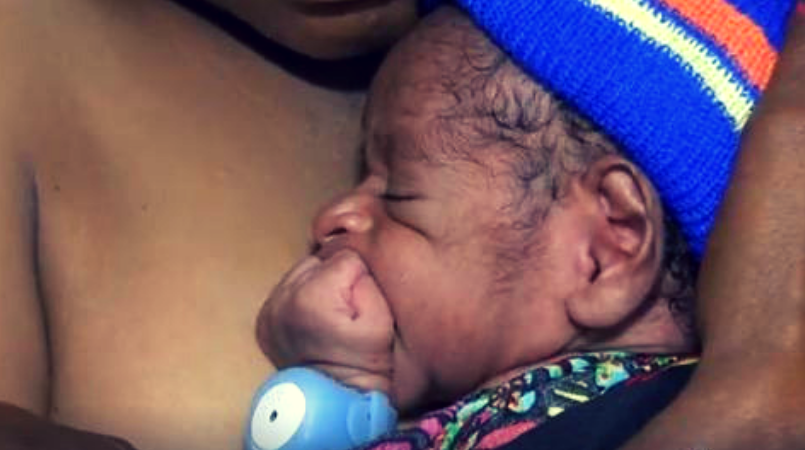
A maternal and newborn care program launched today in Alotau will ensure up to 10,800 newborns and their mothers receive a comprehensive package of care.
This is to ensure they survive and thrive over the next three years in Milne Bay Province.
The program, Saving Lives - Spreading Smiles, focuses on preventing and managing bleeding after delivery, a common cause of death in mothers, and neonatal hypothermia (low body temperature) in newborns.
Phase one of this program was successfully piloted by UNICEF, the National Department of Health and WHO in 2017. Following this, a further funding support of K9 million provided by the Australian government and K2 million provided by UNICEF Australia, including a contribution from the P&O Cruises Australia and guests, has enabled the program to be scaled up and expanded to the rest of the country.
The package of care will involve the prevention and management of bleeding in mothers after delivery using a Non-Pneumatic Anti-Shock Garment - a low cost external pressure suit designed to stabilize a woman experiencing bleeding after delivery. In addition, the hypothermia alert device known locally as the ‘Bebi Kol Kilok’ to detect temperature drops in newborn babies will be used to prevent and manage neonatal hypothermia in newborn babies.
Milne Bay Provincial Health Authority Acting CEO, Dr Jacob Morewaya, said the staff of Milne Bay Provincial Health Authority have been working hard to reduce maternal and child morbidity and mortality.
“This innovative program launched today will see a further improvement in those key indicators and more mothers and babies will survive,” Dr. Morewaya said.
Some 6,000 babies in PNG die every year before they reach four weeks of age. Neonatal hypothermia is the underlying cause of many deaths, however, 42 percent of these deaths can be prevented with the correct management of hypothermia.
“Newborn mortality in PNG is a huge concern to health leaders and needs urgent attention. Programs like this are good interventions that can prevent babies and mothers from dying,” Health Secretary, Pascoe Kase, said.
Australia’s High Commissioner to PNG, Bruce Davis, said his Government strongly supported the Papua New Guinea Government’s own efforts in ensuring good improvement in health indicators.
“We are very keen to be an active player in all aspects of this health work,” he stressed.
UNICEF PNG in collaboration with the Department of Health will work directly with the Milne Bay Provincial Government, district authorities, church health services and local non-government organisations to promote the implementation of this program.
“I am very proud to see the rollout of this program in Milne Bay Province and happy that it is happening with the support of our new corporate partner, P&O Cruises Australia, the first private company to make such a contribution to it,” said the Chief Executive Officer of UNICEF Australia, Tony Stuart.
“This package of care promotes simple cost-effective life-saving practices that are so crucial for mothers and newborns to survive. We thank the Australian government and UNICEF Australia for their support which will help us implement this program throughout the country,” UNICEF Country Representative, David Mcloughin said.
(A newborn with bebi kol kilok – filepic)
